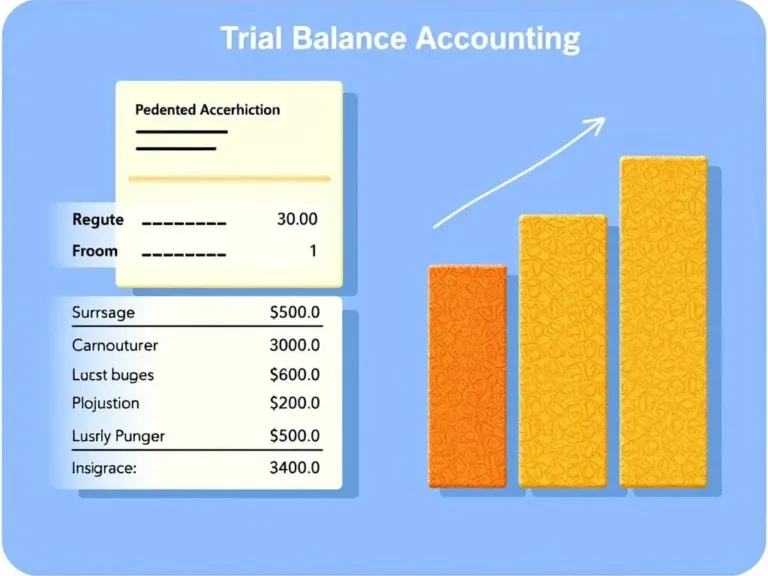Digital marketing for real estate is a powerful tool that helps real estate professionals reach buyers and sellers in today’s tech-savvy world. With most people searching online before even considering a home, digital marketing strategies could mean the difference between success and failure in the industry.
In this article, we’ll delve into what digital marketing for real estate entails, its importance, the various strategies involved, and some forward-thinking tips to enhance your online presence.
Why is Digital Marketing Important for Real Estate?
The landscape of real estate has changed dramatically with the rise of the internet. According to the National Association of Realtors, over 90% of home buyers use the internet during their home search. This means if your marketing isn’t online, you might be missing out on potential clients.
Digital marketing for real estate allows agents to showcase listings, engage with clients, and build a solid brand presence. Whether you’re a seasoned professional or just starting out, having a strong digital marketing strategy is crucial.
Key Components of Digital Marketing for Real Estate
1. Website Development
Your website is your digital storefront. Create an easy-to-navigate site, filled with valuable information that’ll keep visitors engaged.
- Include property listings
- Provide engagement tools like chat or contact forms
- Make sure your site is mobile-friendly
2. Search Engine Optimization (SEO)
SEO helps your website rise in search engine rankings. A good SEO strategy for real estate involves:
- Using keywords like “digital marketing for real estate” thoroughly yet naturally across your site.
- Creating quality content that addresses buyers’ needs.
3. Content Marketing
Content marketing means providing valuable information to attract and retain visitors. Create blog posts, e-books, or videos focusing on:
- Home-buying tips
- Market trends
- Neighborhood guides
These resources make your website a go-to source of information.
4. Social Media Engagement
Platforms like Instagram, Facebook, and LinkedIn can help real estate professionals engage with potential clients. Here are a few tips:
- Share high-quality images of listings
- Post video tours of properties
- Host live Q&A sessions to interact in real-time
5. Pay-Per-Click Advertising (PPC)
PPC advertising allows you to display ads to potential buyers during their search. You only pay when someone clicks on your ad! Consider these strategies:
- Use ads on Google targeting terms like your area or specific property types.
- Use retargeting ads to keep your service top of mind after potential clients visit your site.
Effective Strategies for Digital Marketing in Real Estate
Leverage Email Marketing
Email marketing can drive conversions by staying in touch with potential clients. Build a mailing list by offering something valuable, like a free market report or a homebuyer checklist. Send regular newsletters with market updates and new listings.
Utilize Virtual Tours
Offering virtual tours can differentiate your listings. Potential buyers can explore properties from the comfort of their homes, making it easier for them to visualize the space.
Gain Reviews and Testimonials
Nothing builds trust quite like genuine reviews. Encourage satisfied clients to leave reviews on platforms such as Google or Zillow. Display these prominently on your website and social media.
Analytics and Feedback
Data-driven decisions lead to the best results. Tools like Google Analytics provide insights into who visits your website and how they found you. This way, you can tailor your marketing strategy accordingly.
Emerging Trends in Digital Marketing for Real Estate
Video Marketing
Video marketing is on the rise, especially for real estate. Buyers appreciate seeing homes in action. Consider creating:
- Neighborhood tours
- Client testimonials
- Informational videos on the buying process
Mobile Optimization
Since a large portion of searches comes from mobile devices, ensuring your website is mobile-friendly is essential. This improves user experience and boosts your SEO rankings.
Influencer Marketing
Many real estate agents are collaborating with local influencers to promote properties and reach wider audiences. Choose influencers who are active in your local market to convey your listings effectively.
Conclusion
Digital marketing for real estate is an essential practice that enhances visibility and engagement. From solid website design to smart use of social media, these strategies can lead you to real estate success.
Remember, effective digital marketing doesn’t just happen overnight. It requires patience, ongoing effort, and a willingness to adapt. Whether you are new to real estate or an experienced journalist, it is vital to develop your digital presence and reach your audience. By embracing these tools and strategies, you’ll be well on your way to mastering digital marketing for real estate.
For more tips on digital marketing, consider checking out reliable sources like the National Association of Realtors and HubSpot. They offer a treasure trove of information for anyone wanting to improve their online approach. Happy marketing!
















1 Comment